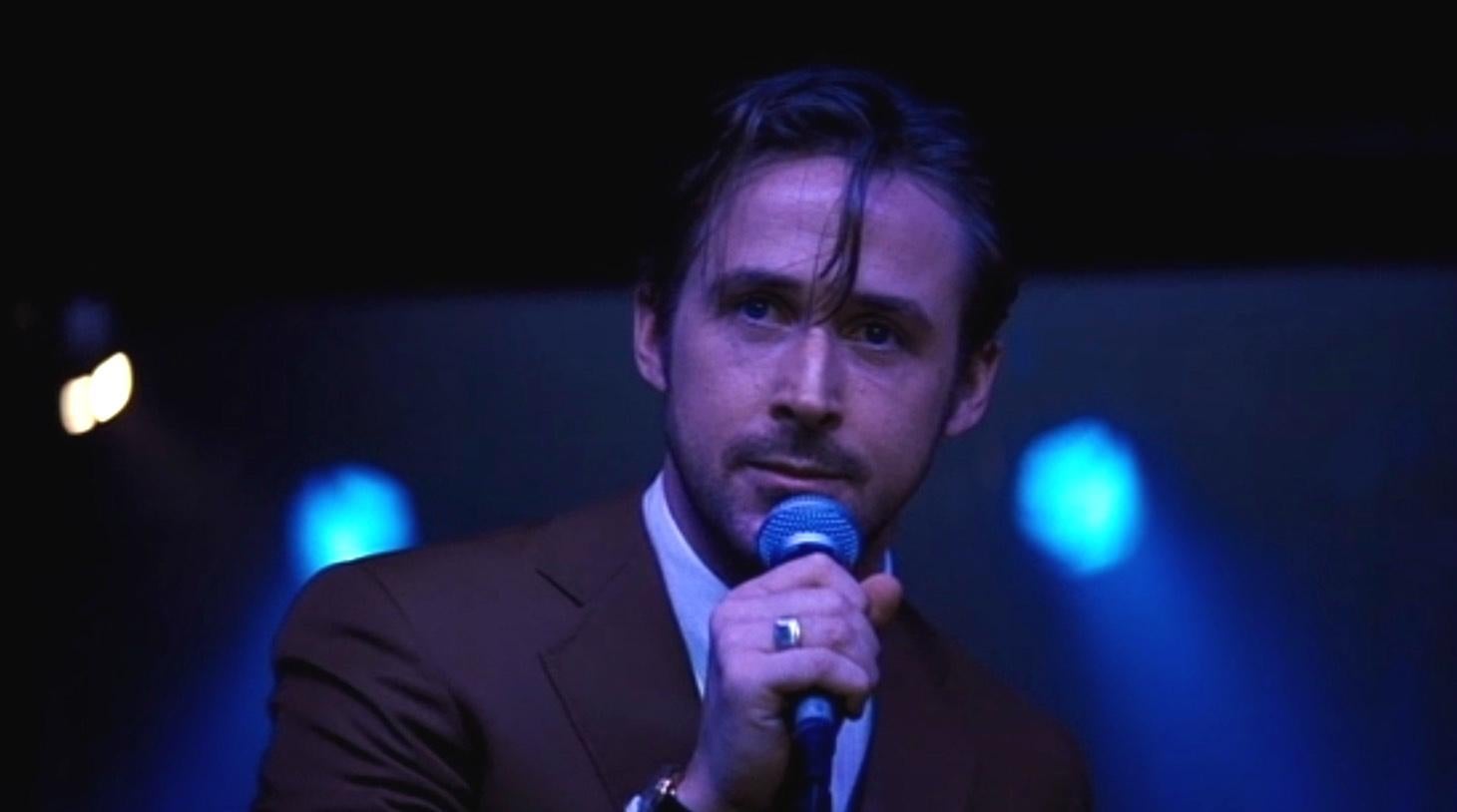Slavoj Žižek gives Leninist reading of La La Land, offers bleak alternative ending
It was painful for Mia and Seb, but it could have been worse

Your support helps us to tell the story
From reproductive rights to climate change to Big Tech, The Independent is on the ground when the story is developing. Whether it's investigating the financials of Elon Musk's pro-Trump PAC or producing our latest documentary, 'The A Word', which shines a light on the American women fighting for reproductive rights, we know how important it is to parse out the facts from the messaging.
At such a critical moment in US history, we need reporters on the ground. Your donation allows us to keep sending journalists to speak to both sides of the story.
The Independent is trusted by Americans across the entire political spectrum. And unlike many other quality news outlets, we choose not to lock Americans out of our reporting and analysis with paywalls. We believe quality journalism should be available to everyone, paid for by those who can afford it.
Your support makes all the difference.It’s refreshing how, true to its subversive nature, La La Land avoids the obvious happy ending and goes for a really quite wounding one.
*Spoilers ahead*
In arguably an ultimate act of love, Mia and Sebastian decide to let go of each other so they can fully achieve their potential in the respective artistic endeavours they are so passionate about. It’s not the kind of outcome we’re used to seeing in a musical, and it’s compounded when we jump forward in time and find Mia not only married but married with kids (something I imagine was added to really leave you in no doubt that Sebastian and Mia won’t end up together), left to wonder what might have been if she’d chosen Sebastian over moving to Paris for her work.
Marxist philosopher Slavoj Žižek explored this theme of whether love and professional success are mutually exclusive in a review for The Philosophical Salon, examining the film from a Leninist viewpoint.
At one point, he offers an alternate ending, which would have delivered the same point but in even bleaker fashion:
“The ultimate version of the film would have been the reversal of the final situation: Mia and Sebastian are together and enjoy full professional success, but their lives are empty, so they go to a club and dream of a fantasy in which they live happily together a modest life, since they both renounced their careers, and (in a dream within a dream) they imagine making the opposite choice and romantically remember the missed opportunity of their life together,” he wrote.
He goes on to consider love among Bolshevik revolutionaries, and imagine how love and cause might coexist:
“The underlying paradox is that love, precisely as the Absolute, should not be posited as a direct goal. It should retain the status of a by-product, of something we get as an undeserved grace. Perhaps, there is no greater love than that of a revolutionary couple, where each of the two lovers is ready to abandon the other at any moment if revolution demands it.”
As tempting as it is to get lost in La La Land’s philosophical conundrums, it’s also a great film to geek out on with regards to cinematography. Today, director Damien Chazelle shared the iPhone video he shot while practising the already infamous opening traffic jam dance scene.
Join our commenting forum
Join thought-provoking conversations, follow other Independent readers and see their replies
Comments